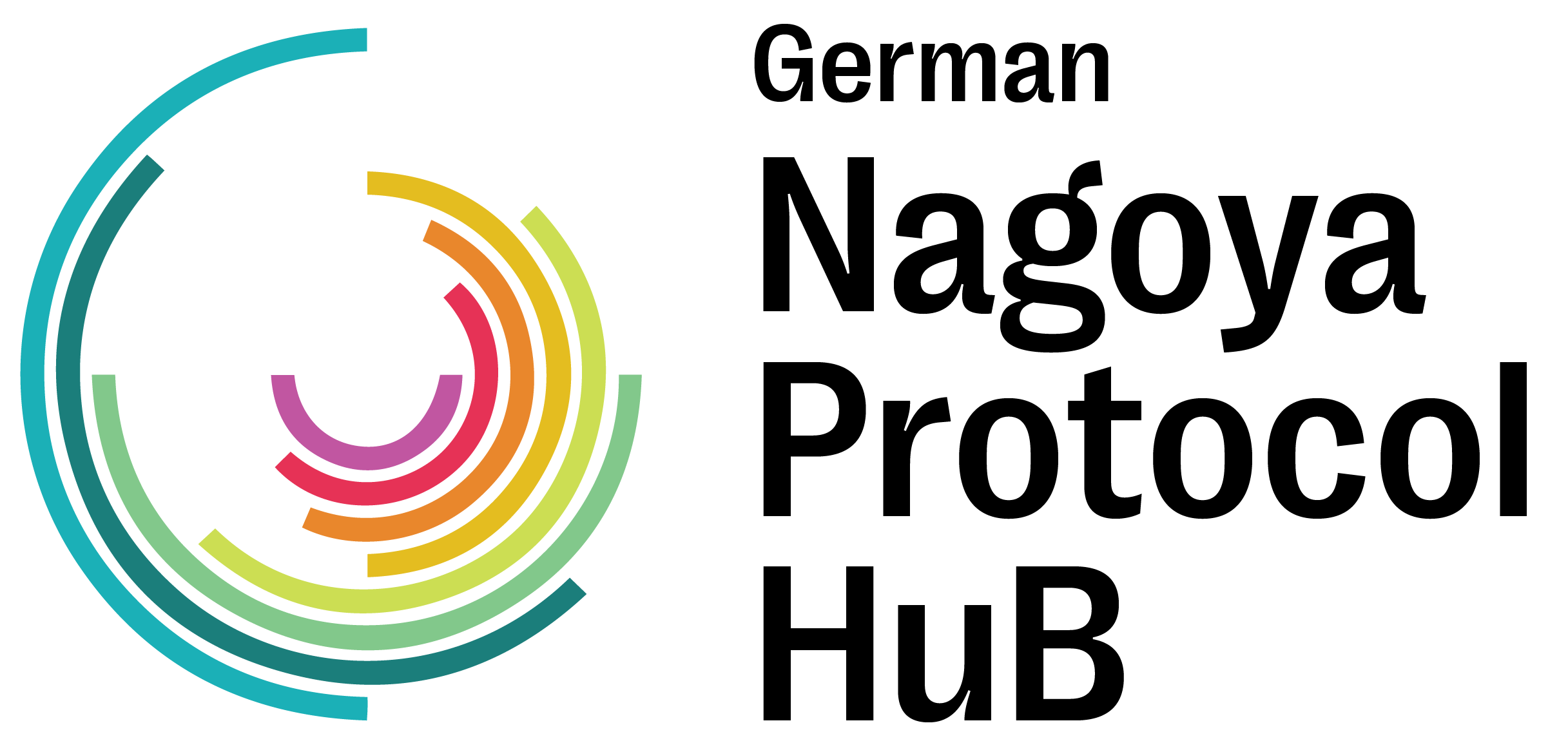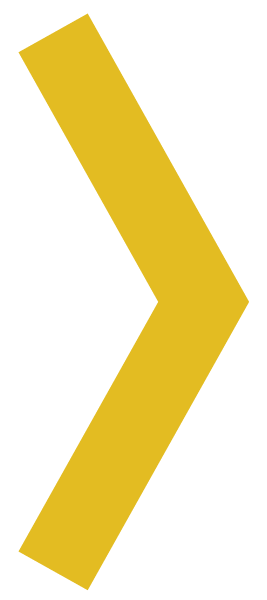ABS stories
Learning from experience: Pakistan
Institution: A research institute in Germany
Biological material: Reptile (lizards)
Research field: Evolution, genetics, molecular biology, taxonomy, zoology
Research: Basic, non-commercial
Focus: Use of molecular approaches for taxonomic purposes. Lizard samples were sequenced for mitochondrial and nuclear genes to determine species diversity and placement of the species in the phylogenetic tree. This research formed part of a PhD conducted in Germany by a student from Pakistan.
Collection: The collaboration partner in Pakistan provided the material
Collaboration partner: A natural history museum in Pakistan
Funding: Grant by the Higher Education Commission of Pakistan

Photos: M. A. Khan
ABS Process
Time needed for first response from the National Focal Point: Less than 1 day
ABS documents needed: None
Other documents needed: Export permit, veterinary permit
The German scientists were approached by the Pakistani researchers about the possibility of training the Pakistani student on molecular methods using Pakistani lizards, meaning that a new collaboration was formed.
The collaboration partner in Pakistan contacted the National Focal Point to check whether access and benefit-sharing laws applied and what the process would be. The scientists received a quick response to confirm that in this case, there were no ABS requirements.
For current information about ABS in Pakistan, refer to the ABS Clearing House. The contact details for the Pakistani ABS Focal Point can be found here.

Photos: M. A. Khan
Benefit-sharing
A benefit-sharing agreement was not required.
Advice for other researchers obtaining biological material from Pakistan
Due to the quick and uncomplicated communication with the National Focal Point in Pakistan, the researchers had a very positive experience.
What tips do they have?

The absence of information in the ABS Clearing House does not mean that ABS laws do not exist or apply to you. Before doing any sampling in Pakistan or starting your research with Pakistani material, you should check the current status of the national laws with the National Focal Point.

Your local collaborations partners can be very helpful with making enquiries to the national authorities in their country. Consider asking them to help you with the process or to make the initial enquiries with the Focal Point.






